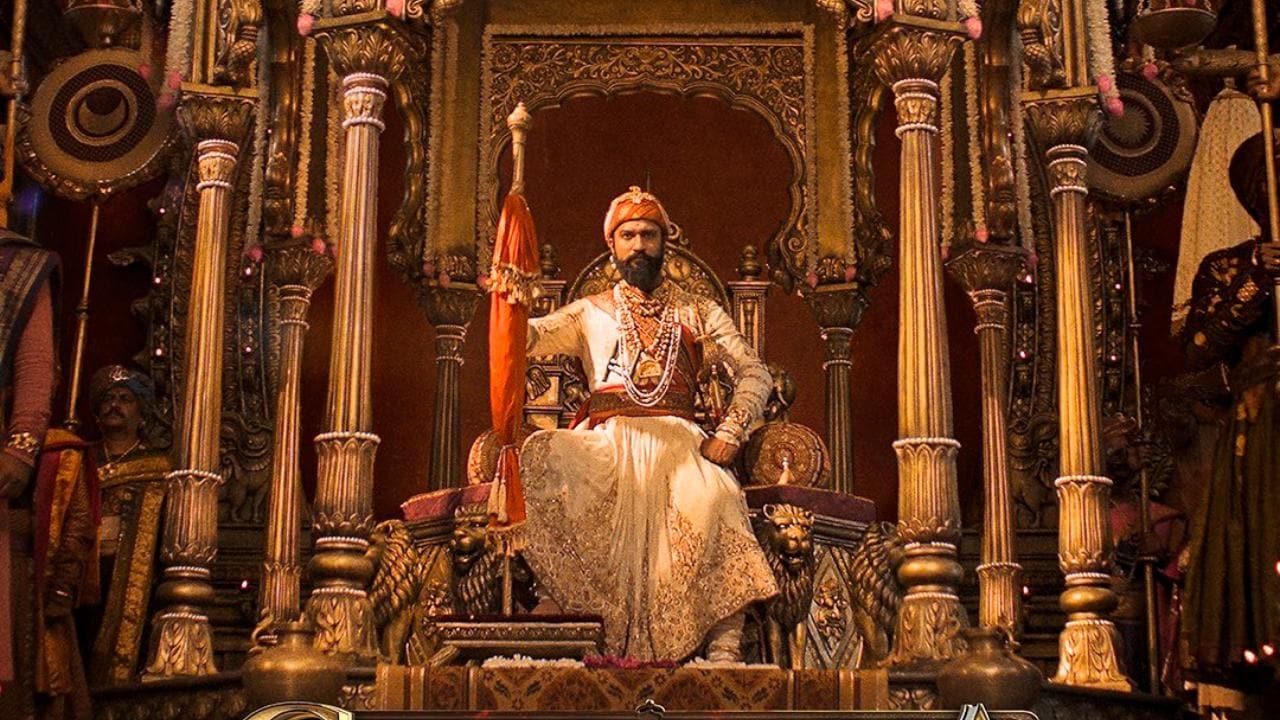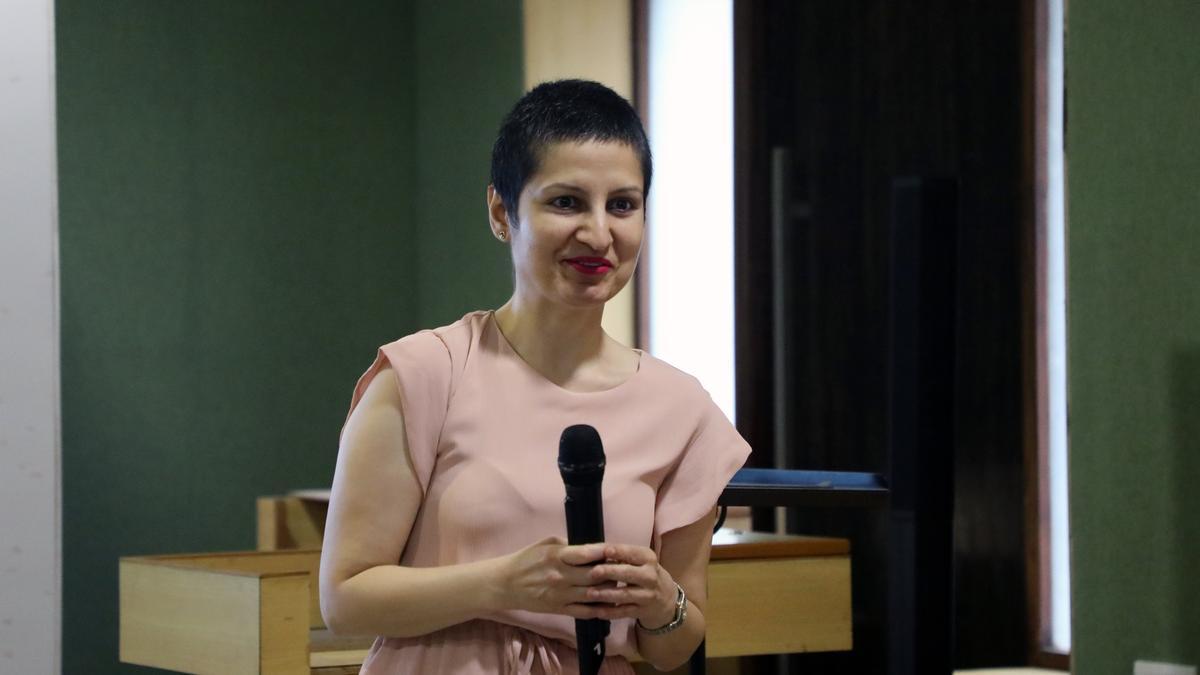
As the sun rose on Monday morning, a tune of victory played for India at the star-studded 2024 Grammy Awards ceremony. Shankar Mahadevan’s roar echoed through the audience, “India, we are proud of you, India,” capturing the sentiment of a nation basking in the limelight of international acclaim. The maestro, alongside his fusion band Shakti, which includes the talents of John McLaughlin, Zakir Hussain, Ganesh Rajagopalan, and V Selvaganesh, had just secured their first-ever Grammy Award, etching their names into the annals of music history.
Mahadevan, standing on the stage that represents the pinnacle of a musician’s career, articulated an emotion that transcended words and materialistic pleasures, likening the announcement of their win to a transcendent state. Husain, captured backstage immersed in the glow of another win, left Mahadevan to deliver the impassioned speech. It was a tribute not only to his bandmates but also to his wife, “whom every note of my music is dedicated to.”
The emotion of this victory was not just personal, but a collective exultation of national pride. From Los Angeles, Mahadevan shared his delight, underlining the surreal quality of accepting such an accolade in an assembly of the world’s musical elite. This Grammy not only celebrated Shakti’s prowess but also heralded the significance of Indian music on a global scale, appreciated across the diverse tapestry of world cultures.
In dissection of what gave Shakti’s album the winning edge, Mahadevan illuminated the inherent globalization of their music. Diversity is their hallmark, with members hailing from France to California, Mumbai to Chennai, and their oeuvre, a confluence of rich musical heritages, radiates with an unparalleled global appeal.
Zakir Hussain, already reveling in a night of triple wins including Best Global Music Performance for “Pashto” and Best Contemporary Instrumental Album for “As We Speak,” expressed a feeling of joy that was still settling in. The Grammy ceremonies, shrouded in confidentiality, made the announcement all the more electrifying, rendering the subsequent outpouring of joy and national pride even more intense. Winning as an Indian musician, according to Hussain, was not solely a personal milestone but a triumph of the spirit of Indian music itself.
The key to success lay in the album’s embrace of diverse musical genres—bluegrass, jazz, and Indian classical. Chaurasia, whose bansuri breathed life into the album, talked about the collaborative process. The album’s recording, meticulously captured live, enabled the musicians to harness the soul of each genre before weaving the melodies together. “Pashto,” a childhood recollection of Hussain, was transformed with the introduction of bluegrass, jazz elements, and the bansuri’s melody. Chaurasia, the bansuri wizard, hailed his own guide, the legendary Pandit Hariprasad Chaurasia, in what became an offering of gratitude for his musical lineage.
While Indian artists celebrated their triumphs, the Grammys also witnessed the wins of Taylor Swift for Album Of The Year and Billie Eilish for Song Of The Year.
As the Grammy night unfolded, tales of musical mastery emerged, with Shakti and Chaurasia capturing the essence of India’s rich cultural tapestry. Echoing through the chambers of Los Angeles’ Staples Center, this Grammy victory was more than just a personal accolade; it was a clear signal to the world—the enduring melody of Indian music had, indeed, found a global stage.










